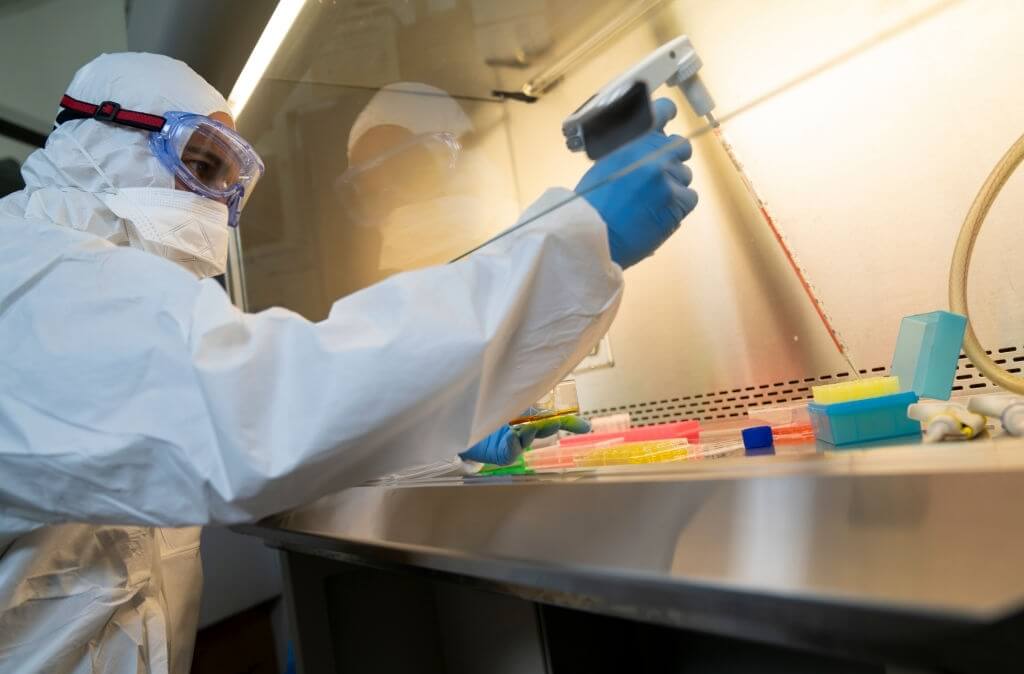Coronavirus disease potentially affected children of all ages in 2019. However, most infected children don’t really become as serious as adults, and some may exhibit no complaints at all.
Understanding the signs and symptoms of COVID-19 among babies and children that how COVID-19 affects children individually is very important
Post Covid Infection, Antibody Remains In The Body For 10 Months
The antibodies of 38 patients and healthcare staff at St Thomas’ Hospital who were affected during the first wave of COVID-19 until being vaccinated were examined in a study published in Nature Microbiology.
The Covid effects, symptoms, and role of antibodies have been big concerns not for experts only but also for common people. This has led the researchers to conduct detailed research that can help them know the presence of antibodies in the body that can counter the viral infection.

The study has been conducted by a group of experts which has shown that the presence of these antibodies can be expected for almost 10 months after having the second dose of the vaccine.
Although an early drop in antibody stages post-infection the majority of persons (18/19 patients) had measurable antibody counts 10 months later.
Antibodies aid in the battle against COVID-19 by blocking the SARS-CoV-2 virus from infecting the other cells. These findings demonstrate how far antibodies stay inside the body to defend against illnesses on a long-term basis.
The team, coordinated by Dr. Katie Doores of the School of Immunology & Microbial Sciences, also looked at potential antibodies developed to combat one SARS-CoV-2 variation that would react to other versions. Researchers studied the alpha, beta, and delta forms of SARS-CoV-2, and also the actual SARS-CoV-2 strain.
Whereas antibodies from one SARS-CoV-2 form were capable of eliciting a powerful reaction to a disease caused by that variety, the data demonstrated that antibodies are much less efficient when battling infections caused by other versions.
Antibodies attach to the protein on the SARS virus, and vaccines imitate this protein to induce an immune system response. Mutations in the three SARS-CoV-2 variants (alpha, beta, and delta) have highlighted questions regarding whether vaccinations established to combat the original SARS-CoV-2 variation would be successful over the newer forms, and whether newer vaccinations must be created to combat them.
This research demonstrates a special perspective in cross-neutralizing antibody reactions elicited by distinct SARS-CoV-2 variants, said Dr. Liane Dupont.
Yet, these findings show that the spike proteins of alpha, beta, and delta variants differed. As a result, vaccinations developed for either of these novel variants may be ineffective towards other variants.
Their current vaccines which are based mostly on original SARS-CoV-2 variation, show the best defense versus all variants and therefore should be utilized in immunization programs, according to their findings.
The study builds on an earlier one performed by Dr. Katie Doores, which looked at COVID-19 antibody reactions over the course of three months.
This research was made feasible thanks to strong cooperation with clinical colleagues at St Thomas’ Hospital who have been managed to analyze the viruses infecting hospitalized patients, said Dr. Katie Doores.
Some of the symptoms in children are, they might have a fever and cold-like signs, cough which is progressive, and sometimes loss of taste and smell, gastrointestinal symptoms, sore throat, muscle pains, the body becomes extreme fatigue, severe headache, and nasal congestion.
Anybody who was infected with the covid virus tends to develop some conditions and as the report says children who went through mild and severe covid -19 virus might have long-term symptoms.
Some of them are tiredness, fatigue, trouble sleeping and concentrating, etc. These are the signs which affect the child’s daily basic routine work like attending school.